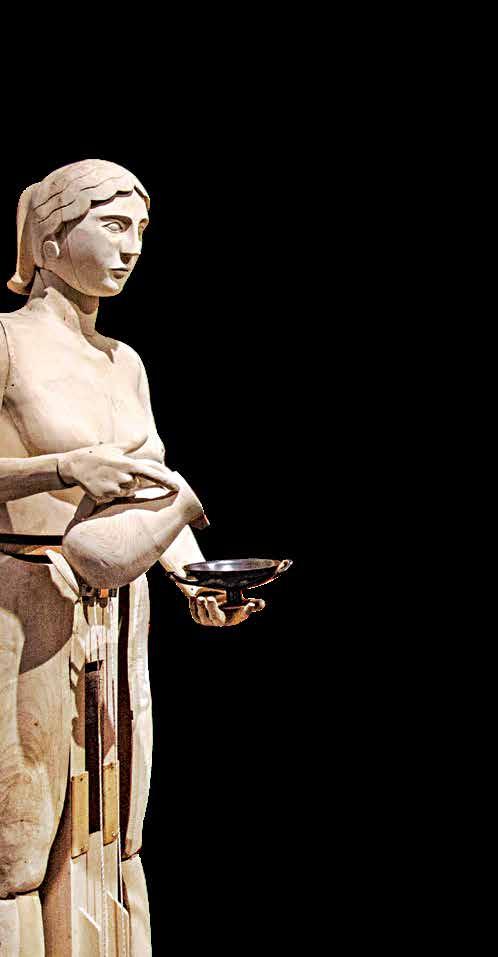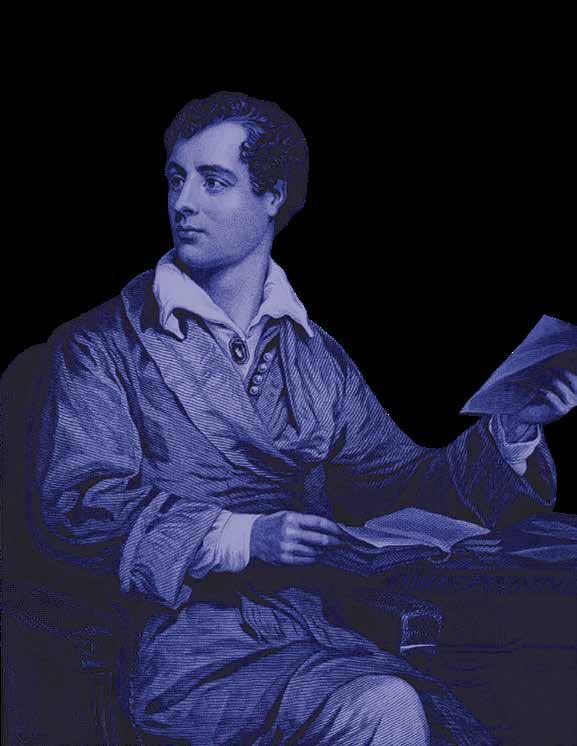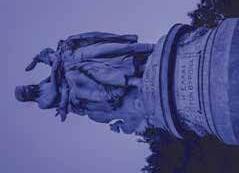
2 minute read
HERAKLEIDON MUSEUM
from FREE ATHENS
by Η Πόλη Ζει
DISCOVER Ancient Greek Technology
within walking distance from the Acropolis
Advertisement
MU ANCIENT AGORA HERAKLEIDON MUSEUMHERAKLEIDON STR APOSTOLOU PAVLOU STRB ACROPOLIS DIONISIOU AREOPAGITOU STR
AMUSEUM
SEDiscover inventions you didn’t know about. War and naval equipment, public works and buildings, astronomy, measuring of time and space, automata, technology in sports and theater. For guided tours and/or family BUILDING A 16 HERAKLEIDON STR. Thissio, 118 51, Athens t: +30 210 34 61 981, f: +30 210 34 58 225 e: info@herakleidon-art.gr
activities call as to arrange an BUILDING B appointment at 0030 210 3461981 or
UMinfo@herakleidon.org We care: Temperature measurement of all visitors entering the museum, mandatory wearing of face mask, intensified cleaning and disinfection of all spaces, disinfectant dispensers around the museum, no more than 8 visitors in each building at the same time, contactless payment 37 APOSTOLOU PAVLOU STR. Thissio, 118 51, Athens t: +30 211 012 6486 e: museum@herakleidon-art.gr www.herakleidon.org


Member of the House of Lords

GEORGE GORDON BYRON George Gordon Byron, known simply as Lord Byron, was an English peer, who was a poet and politician. He was one of the leading figures of the Romantic movement and is regarded as one of the greatest English poets.
Byron was living in Genoa when, in 1823, he accepted the invitation for support from representatives of the movement for Greek Independence. After arriving in Missolonghi, Byron joined forces with Alexandros Mavrokordatos, a Greek politician with military power. He moved to a two-floor house and was forced to spend much of his time dealing with unruly Souliotes who demanded that Byron pay them the back-pay owed to them by the Greek government. To help raise money for the revolution, Byron sold his estate in England. Then, he found himself besieged by various people, both Greek and foreign, who tried to persuade him to open up his pocketbook to support them. Meanwhile, the leadership of the Greek cause in the Roumeli region was divided into two rival leaders. Byron used his prestige to persuade the two rival leaders to come together to focus on defeating the Ottomans. At the same time, other leaders of the Greek, like Petrobey Mavromichalis and Theodoros Kolokotronis wrote letters to Byron telling him to disregard all of the Roumeliot leaders and to come to their respective areas in the Peloponnese. This drove Byron to distraction; he complained that Greeks were hopelessly disunited and spent more time feuding with each other than trying to win independence.

Occupation Poet, Politician
1788 - 1824
Outside of the National Garden, in the centre of Athens, there is a statue made by the French sculptors Henri- Michel Chapu and Alexandre Falguière, depicting Greece in the form of a woman crowning Byron. Since 2008, the anniversary of Byron’s death, 19 April, has been honoured in Greece as “Byron Day”.

